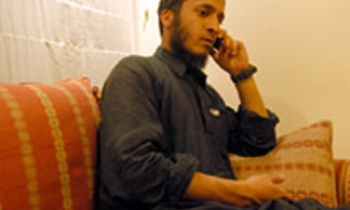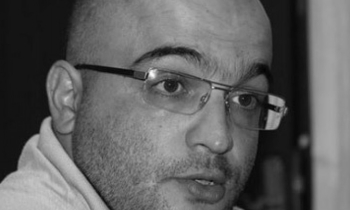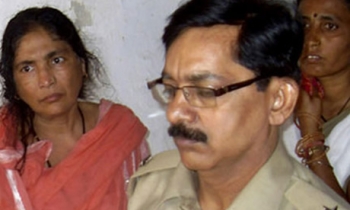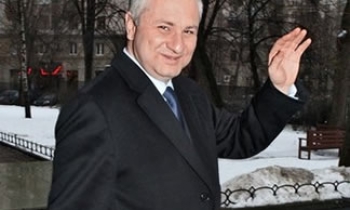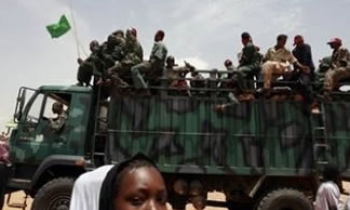The law is being bend, moulded and used to curtail the freedom to express. Legal hurdles have been placed in Mongolia for reporters and whistleblowers.
The findings have been highlighted in Protecting Journalists’ Confidential Sources and Repealing the Criminal Defamation Legislation, brought out by Globe International.

The project has been funded by the US Embassy and is aimed at promoting the media’s role in contributing to transparent and accountable governance and curbing corruption by improving legal protections for reporters. This six-month project from October 1, 2007 has come into as much needed one after incidents like where citizen N Demberel was convicted under the criminal law of defamation and fined a huge sum, have remained dubious as his crime remains that he had written an article and broadcast a TV show. And that included criticising public officials, the "red-eyed oligarchy", in his country.
Demberel is not a journalist, but published the article referring to Enkhbayar and Ulaan in accordance with his right to free speech and was convicted under the Criminal Law on Defamation. Globe International considers this case contrary to free speech. Article 3 of Mongolia's Criminal Law states: "A person cannot be found guilty for expressing personal opinions."
There are many more in the list of recent events which has showed the need for such a project which includes denial of information to journalists, criminal charges pressed against journalist and editor over articles criticizing Member of Parliament and many more headlines to it.
Among the other disputes over curtailing the journalistic rights, it also included Mongolian National Public Radio and TV's (MNPRTV) call for the dismissal of MNPRTV's National Board (the broadcaster's governing body). The board is alleged to have repeatedly violated the law on public service broadcasting, undermined the independence of the MNPRTV editor's office, and violated journalists' professional rights.
Globe International has found that among journalists’ main concerns are the absence of protection of confidential sources and the existing strict criminal defamation legislation. At present, authorities use defamation laws in silence to journalists. Forcing journalists to divulge their sources is normal in Mongolia.
The latest survey by Globe on the use of defamation laws showed that the courts reviewed 187 defamation cases between 2001 and 2005. The media won 9.6 per cent of the cases; they lost 59.6 per cent. In 31.5 per cent of the cases, the media and plaintiffs were reconciled. Sixty-three per cent of the cases were instigated by public figures and public institutions. In most cases, they are threatened with arrest, imprisonment, and a court case.
Globe has set out to provide through this project greater security for Mongolia's media with a six-month project. It hopes to draft legislation on the protection of journalists' sources and to bring Mongolia's criminal laws pertaining to defamation and to make the legislation consistent and in line with international standards.
The draft legislation team consists of 11 people who have vast legal experience. At the DLT meeting on October 31, the team decided to work separately on protecting journalists’ sources and on the amendment of criminal defamation legislation. DLT members are working on the amendment of criminal defamation legislation. In their meeting held at Globe International NGO they discussed researching other countries’ law.

